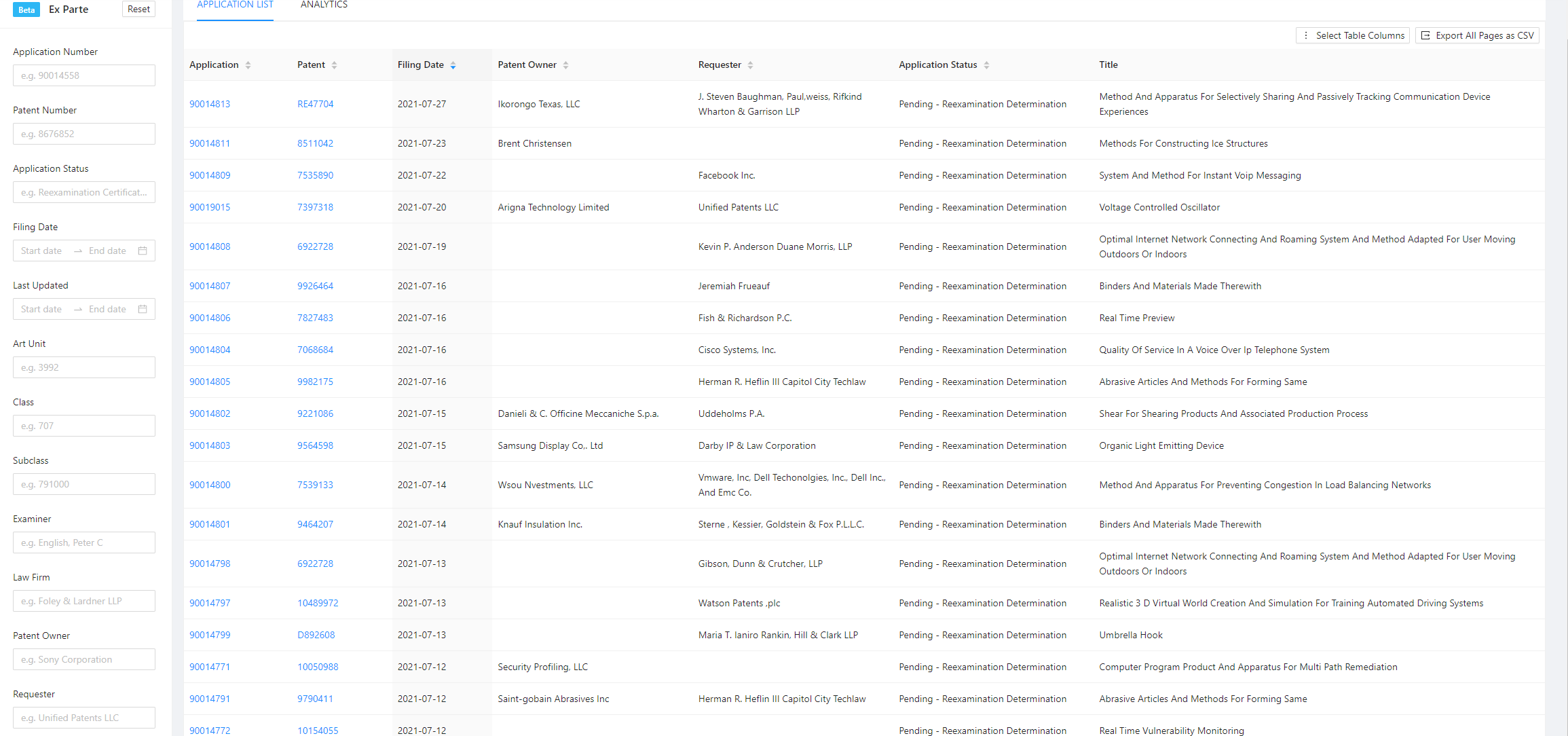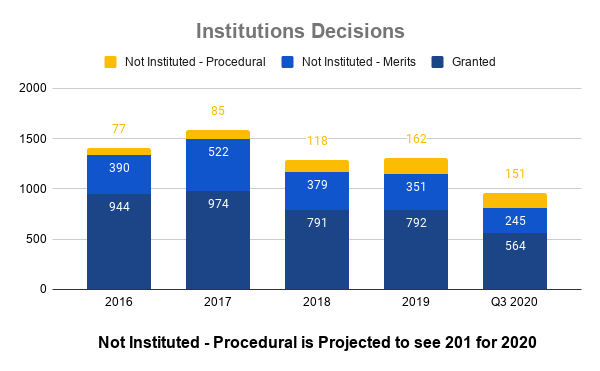Unified Patent’s Patent Quality Initiative (PQI) previously commissioned a study that demonstrated the substantial financial impact passage of the America Invents Act, and in particular, challenges like inter partes review (IPR), have had on the U.S. economy. That study demonstrated that U.S. businesses and the economy as a whole saved upwards of $2.95 billion dollars in gross domestic product, $1.41 billion in personal income, and generated upwards of +13,500 job-years of employment between 2014 and 2019.
That study relied on the current AIA regime of post-grant review, where district court stays are inconsistently applied, limited grounds of challenge are available, and in practice—given recalcitrance to stay, confusion in caselaw and regulatory requirements like discretionary denials, and some resulting duplication of efforts between fora—the Congressional goals of providing a true cost-effective alternative to inefficient district court litigation have fallen short. Further study was needed to determine how much could have been saved over the same time period had district courts automatically stayed cases or had more grounds of invalidity been available in IPR.
Indeed, innovation has long been recognized as the key factor supporting U.S. economic growth and competitiveness. A critical element of the infrastructure facilitating product development and commercialization is the system that protects intellectual property and encourages its widespread adoption and implementation. The current framework that facilitates this process includes the Leahy-Smith America Invents Act (AIA) and the Patent Trial and Appeal Board (PTAB). The AIA and PTAB reduce the need for patent litigation, reducing costs and generating substantial economic benefits. Potential expansions of the AIA would lead to additional gains in business activity.
Economic performance in the United States over the long term is tied to innovation. The AIA and PTAB not only support innovation, but also generate substantial economic benefits. These benefits could be even greater with expansion of the AIA.
The report is part of Unified Patents’ ongoing Patent Quality Initiative (PQI), an effort to gather and provide objective data and research demonstrating how lowering patent quality will inevitably lead to even higher cost and risk for U.S. SMEs, inventors, and manufacturers, and can lead to less innovation, fewer U.S. jobs, and a drain on the U.S. economy. Our PQI aims to provide data, studies, and testimonials to give policymakers and practitioners a clear picture of the state of the patent system. More information about our PQI efforts can be found here.
For far greater detail, read the entire report HERE.















